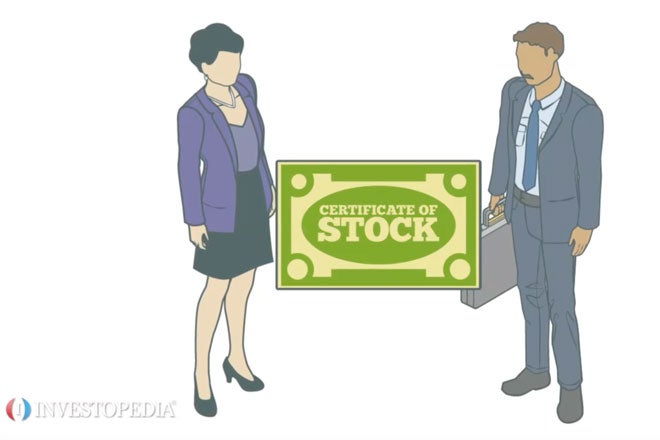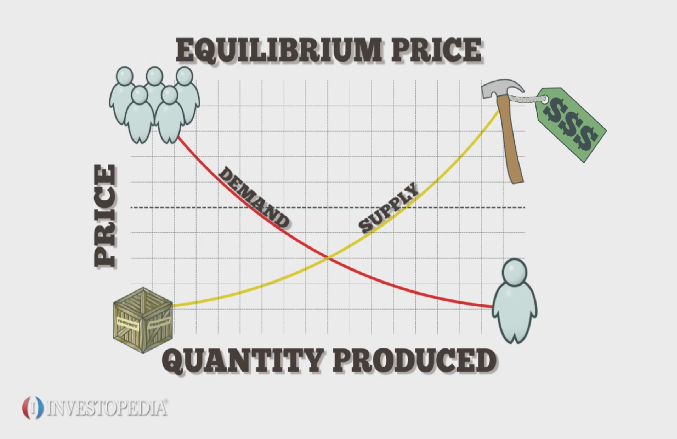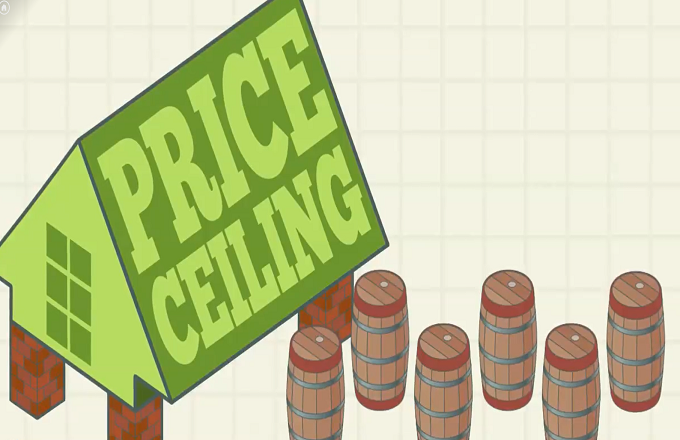The term oversold has several applications for an asset’s price.For one, a stock’s price can fall below its true value over only a few days. This is usually the result of an overreaction to the market, or a panic, and the stock is considered oversold. Often, the expectation is that an oversold stock’s price has dropped too far, and will soon bounce back. But evaluating whether a stock is oversold is subjective, and it’s important to remember that a sharply falling stock may continue to fall. Suppose ABC Company shares have steadily fallen from a $30 per share high to their current price of $20. Some analysts wonder if the stock is oversold. Then ABC reveals its earnings reports, which was even worse than expected, causing its stock to plummet to $12 per share. The exact point where the stock became oversold is open to interpretation, but it apparently was not oversold at $20. The term also refers to a technical analysis situation in which an asset’s price has fallen so far that an oscillator has reached a lower bound. Technical analysts evaluate securities by studying historical and market activity to predict future performance. A stock is deemed oversold and undervalued if charting its performance reveals an oscillator that has reached a low extreme. Technical analysts seek such scenarios because they present buying opportunities.





